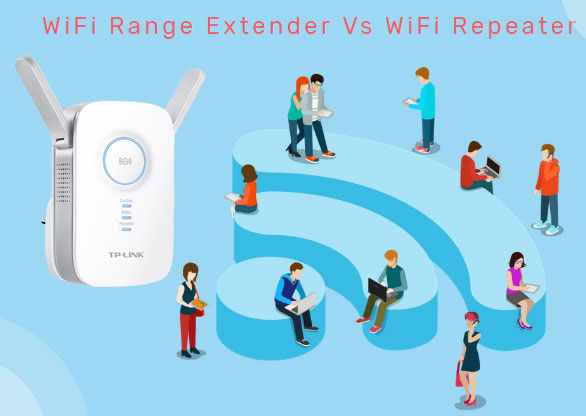

considers the three terms “as mostly the same thing.” Demonstrating the confusion underlying the use of these terms, deigns to categorize “booster,” “extender” and “repeater” separately. “WiFi Booster” is a catch-all term that includes both WiFi repeaters (wireless) and WiFi extenders (wired). WiFi “Booster,” “Repeater” and “Extender” Unquestionably, Ethernet is the benchmark for speed and reliability but alas, relatively few homes are wired with Cat 5e or Cat 6 Ethernet cables. While Netgear Orbi and other repeaters that use a dedicated 5 GHz channel for backhaul are wireless hybrids of extenders, we focus on wired extenders using either Multimedia over Coax Alliance ( MoCA ®) or Powerline Adapter technologies. One other hint: regard extenders as wired technology and repeaters as strictly wireless. Netgear Orbi “: we consider mesh networking systems (meshnets) as WiFi repeaters. A postscript to the recent IAG article on “ Google WiFi vs. It’s no wonder then that “WiFi booster” ( see below ) manufacturers ascribe the terms “repeater” and “extender” to their gear based on the latest marketing poll results.įret not the IAG will separate the wheat from the chaff with WiFi repeaters vs. Even Wikipedia considers repeaters and extenders the same. Web hacks who write about tech often confuse the two terms. extenders.Īn authoritative understanding of how WiFi repeaters vs. Bad puns aside, let’s compare WiFi repeaters vs.

We won’t “carrion” how vultures cover dead zones, too. They’re two different beasts, even if they serve the same “porpoise” - to cover WiFi dead zones. Well, they’re not, and neither are WiFi repeaters and extenders. Some think that “porpoises” and “dolphins” describe the same animal, or buzzards and vultures are identical. And if your primary goal is to spread the happy Wi-Fi juice a bit farther, Wi-Fi range extenders, boosters, and repeaters will help you do just that.WiFi Repeaters vs. But a slow connection might be better than no connection. Just remember that these devices can slow your home internet connection speed down a bit. If these tips don't help, your home office or gaming den is too far away, or you have exquisite decor that would be spoiled by a router, then you might want to look into a booster, extender, or repeater. It should also be removed from heavy furniture like bookshelves, appliances, glass, and other obstacles. Position equipment in a central location and far away from inside walls. For example, if your modem and router are located in the basement or in a back closet somewhere, that might be the cause of your Wi-Fi dead zones.įor starters, try moving your modem and router to the middle of the home. You can also try moving your equipment around to get a better signal (we've tried this, and it helps).
#Wireless repeater vs extender how to
If you want to learn more, has some excellent (although rather technical) information that can help you learn about how your Wi-Fi works and how to select the best wavelength for your router. You can find your router's frequency by checking with the manufacturer or reconfiguring your router and switching it to another wavelength. The 2.4 GHz band is better at passing through walls and furniture, and it may even get Wi-Fi out to your backyard. If you live in a less populated area and your problem is that you can’t get Wi-Fi in a back bedroom, your Wi-FI range might increase by simply switching to the 2.4 GHz band.

The 5 GHz band is faster, but it doesn’t pass through obstacles as well as the 2.4 GHz. These bands are the 2.4 GHz range and the 5 GHz range.Ĭity birds usually use the 5 GHz range since they’re living in tight conditions with hundreds of other people in their apartment building using the same frequency. Most routers are dual band-which means you can select from two different frequencies (also known as bands).


 0 kommentar(er)
0 kommentar(er)
